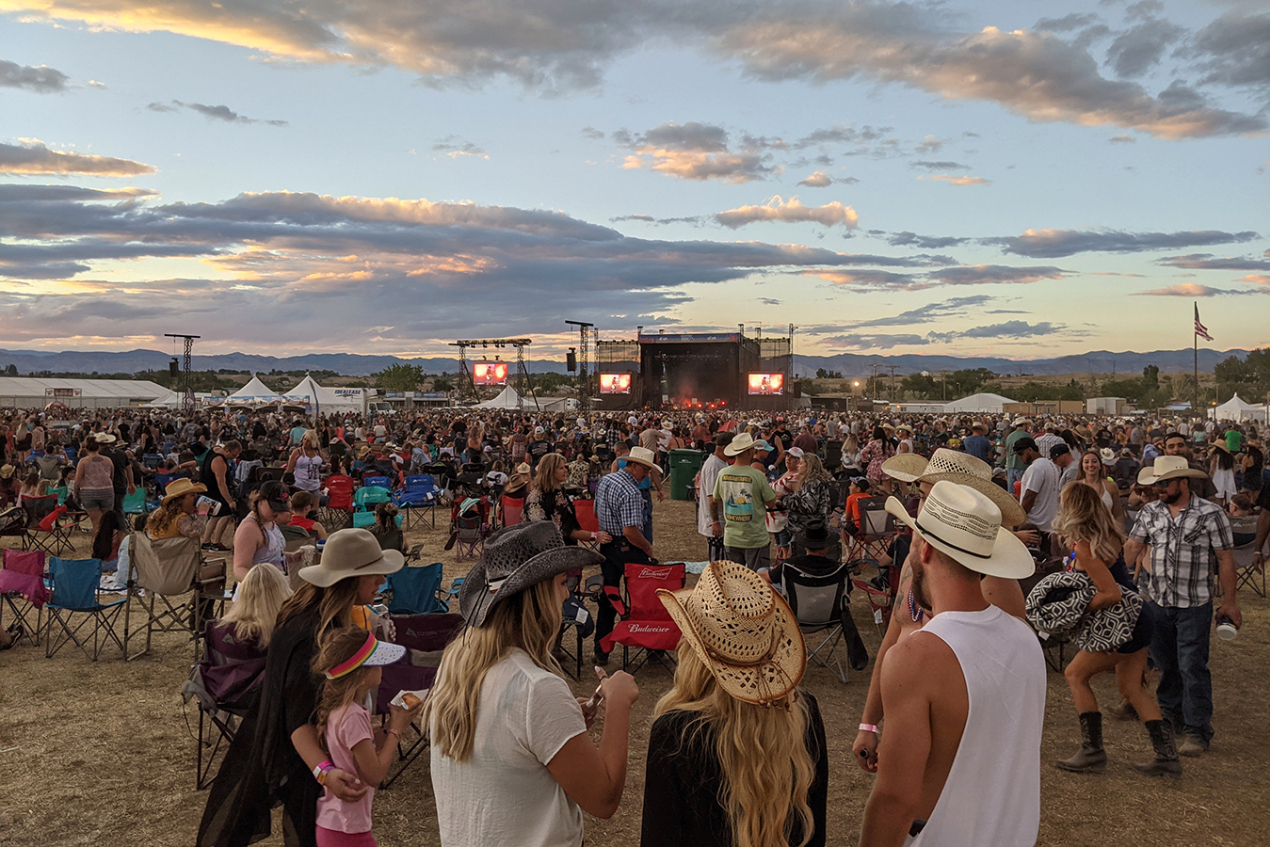GRAND JUNCTION, Colo. — Dr. Rachel LaCount grasped a metal hoop at a playground and spun in circles with her 7-year-old son, turning the distant mesas of the Colorado National Monument into a red-tinged blur.
LaCount has lived in this western Colorado city of 64,000 nearly her whole life. As a hospital pathologist, she knows better than most that her hometown has become one of the nation’s top breeding grounds for the delta variant of covid-19.
“The delta variant’s super scary,” LaCount said.
That highly transmissible variant, first detected in India, is now the dominant covid strain in the United States. Colorado is among the states with the highest proportion of the delta variant, according to the Centers for Disease Control and Prevention.
Mesa County has the most delta variant cases of any county in Colorado, state health officials report, making the area a hot spot within a hot spot. A CDC team and the state’s epidemiologist traveled to Grand Junction to investigate how and why cases of the variant were moving so quickly in Mesa County.
At her hospital, LaCount has put in orders for more rapid covid tests as the caseload has grown. She’s seen the intensive care unit start filling up with covid patients, so that hospital officials are placing two in a room against normal practices.
Despite these alarming signs, many in Mesa County have let down their guard. The rate of eligible residents fully vaccinated has stalled at about 42%. LaCount has noticed that few people wear masks anymore at the grocery store. Thousands of people recently flocked to Mack, 20 miles from Grand Junction, to attend the Country Jam music festival, which could accelerate the variant’s spread to the concertgoers’ hometowns.
“We’re making national news for our covid variant and the CDC is here investigating, but we have a huge festival where people aren’t masking,” said LaCount. “Are we going to get herd immunity over here just because everyone’s going to get it? I mean, that’s probably going to happen at some point, but at what cost?”
LaCount’s worries aren’t necessarily for herself or her spouse — they are both vaccinated — but for their son, who can’t be vaccinated because he is under 12. She is uneasy about sending him to school in the fall for fear of exposure to the variant. She is reluctant to take him to birthday parties this summer knowing there’s a good likelihood he’ll be teased for wearing a mask.
A few yards away from LaCount and her son on the playground, a man fished in a still pond with his 10-month-old daughter in a backpack. Garrett Whiting, who works in construction, said he believes covid is still being “blown out of proportion,” especially by the news media.
“They got everybody scared really, really fast,” said Whiting, slowly reeling in a sparkly blue lure from the water. “There’s no reason to stop living your life just because you’re scared of something.”
Whiting tested positive for covid about three months earlier. He said he doesn’t plan to get vaccinated, nor does his wife. As for the baby on his back, he said he’s not sure whether they’ll have her vaccinated when regulators approve the shot for young children.
The delta variant is one of four “variants of concern” circulating in the U.S., according to the CDC, because the delta strain spreads more easily, might be more resistant to treatment and might be better at infecting vaccinated people than other variants.
The delta variant has raised alarms around the world. Parts of Australia have locked down again after the variant leapfrogged its way from an American aircrew to a birthday party where it infected all unvaccinated guests, health officials said, and after it also jumped between shoppers in a “scarily fleeting” moment in which two people walked past each other in a mall. Israel reissued an indoor mask requirement after a spate of new cases linked to schoolchildren. A leading health official there said about a third of the 125 people who were infected were vaccinated, and most of the new infections were delta variant.
A rise in delta variant cases delayed the United Kingdom’s planned reopening in June. But public health officials have concluded after studying about 14,000 cases of the delta variant in that country that full vaccination with the Pfizer-BioNTech vaccine is 96% effective against hospitalization. Studies around the world have made similar findings. There is also evidence the Moderna and Johnson & Johnson vaccines are effective against the variant.
Los Angeles County recently recommended that residents resume wearing masks indoors regardless of vaccination status, over concern about the delta variant. The World Health Organization is also urging vaccinated people to wear masks, though the CDC hasn’t changed its guidelines allowing vaccinated people to gather indoors without masks.
The variant arrived in Mesa County this spring, when it accounted for just 1% of all cases nationwide, said Jeff Kuhr, executive director of Mesa County Public Health.
“We were winding down just like everyone else. We were down to less than five cases a day. I think we had about two people hospitalized at one point,” Kuhr said. “We felt as if we were out of the woods.”
He even signed off on Country Jam, which bills itself as the state’s “biggest country music party.”
But in early May, the delta variant appeared in a burst, with five cases among adults working for the school district.
“It started to hit the children, those that were not of the age to be vaccinated,” Kuhr said. “That was telling me that, you know, wearing masks in school was not providing the protection with this new variant that it had previously.”


